
Spring Wildcrafting: Single Day Wild Foraging Workshops 3 Part Series
April 12, May 3, June 28 on Saturdays from 1pm - 4pm
In this 3-part series, we will explore medicinal and edible plants that are local to the Pacific Northwest. The three different course days will focus on wild edible greens, medicinal and edible seaweeds and wild berries. Each afternoon is spent in nature with hands-on opportunities to identify and forage as well as learn about medicinal properties and ways to incorporate them into our meals. Participants will have the opportunity to bring home harvests.
All 3 classes are offered as a series or you can sign up for each individually.

Wildcrafting Immersion in the Methow Valley: Weekend Trip
June 1 & 2: Saturday 10-4, Sunday 10-3
This is one of our most popular Wildroot Botanicals workshops. The pristine Methow Valley is home to many medicinal plants that are not found on the western side of the mountains. During this weekend trip we will be visiting several sites where we learn in depth about a diverse array of plants. Focus will be on identification, medicinal applications as well as spending time harvesting the plants.
The plants that will be harvested depends on the seasonal growth cycle of the plants during this time. Most likely we will be identifying and exploring the medicinal uses of arnica, arrow leaf balsamroot, morel mushrooms, elder flower, pipsissewa, yarrow, red root, false solomon's seal, wild onions and more.
Students will learn how to prepare medicines from our harvests and bring their preparations home with them.
Space is limited so register early if you’d like to join us.

Medicine Making Intensive Weekend
July 12-13 from 10am - 3pm on Saturday & Sunday
We will spend this weekend together with other like minded plant lovers, immersing ourselves in nature. We will be slowly steeping in the healing properties of the plants we work with through hands-on harvesting, processing and medicine making.
Participants will have opportunities to submerge into the healing ways of plants by spending time with them, sensorially experiencing their scents, textures, growing patterns and developing a personal connection with them. Demonstrations will include processing each plant in their own unique ways to preserve their medicinal attributes, drying techniques, hydrosol production and alcohol extraction.

Foraging Wild Foods Course 2025
March 23, April 27, May 18, June 22, July 20, August 24, September 21, October 19, November 16
All classes are on Sundays from 10 am – 4 pm.
Over these nine months we will explore how harvesting food from our landscapes fosters a deep connection to where we live, the people we are in space with and with ourselves. Classes will consist of wild harvesting excursions, simple gathering times around a fire to explore topics around ethical harvesting, building community and self care methods. We will also be creating and installing harvesting spaces to support the abundance of the plants we love for the future and as a way of reciprocity.

Foundations of Herbalism 2025
March 22, April 26, May 17, June 21, July 19, August 23, September 20, October 18, November 15
All classes are on Saturdays from 10 am – 4 pm.
Foundations of Herbalism is an immersive nine-month program that provides students with a foundation in bioregional and western herbalism. Our teaching method for this course centers around the importance of experiential learning and spending time in the field with the plants.
We believe the very best teachers are the plants themselves and we strive to guide the building of your relationship with them in a way that suits each student. We blend this method of learning with the stories of our personal experiences and the knowledge that has been gathered from scientific understanding and people’s first-hand experiences who have long herbal traditions and practices. Our weekends together are a blend of in the field, and classroom style learning.
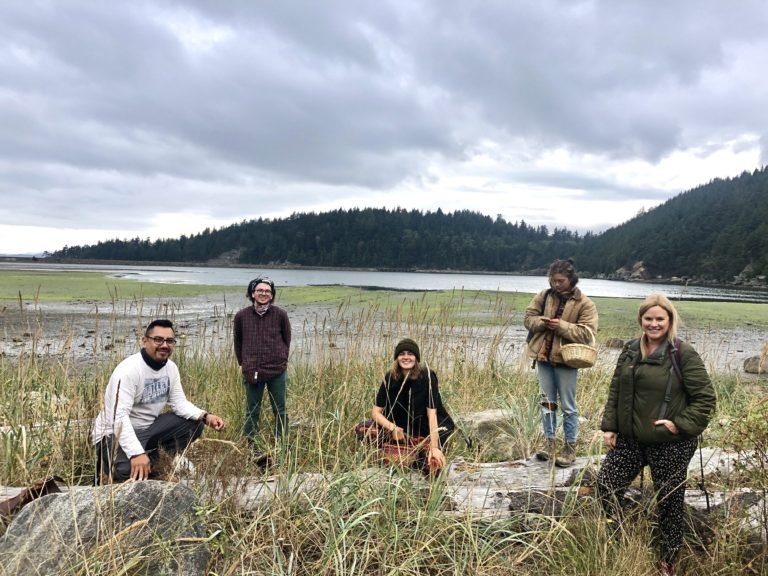
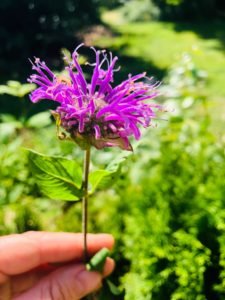
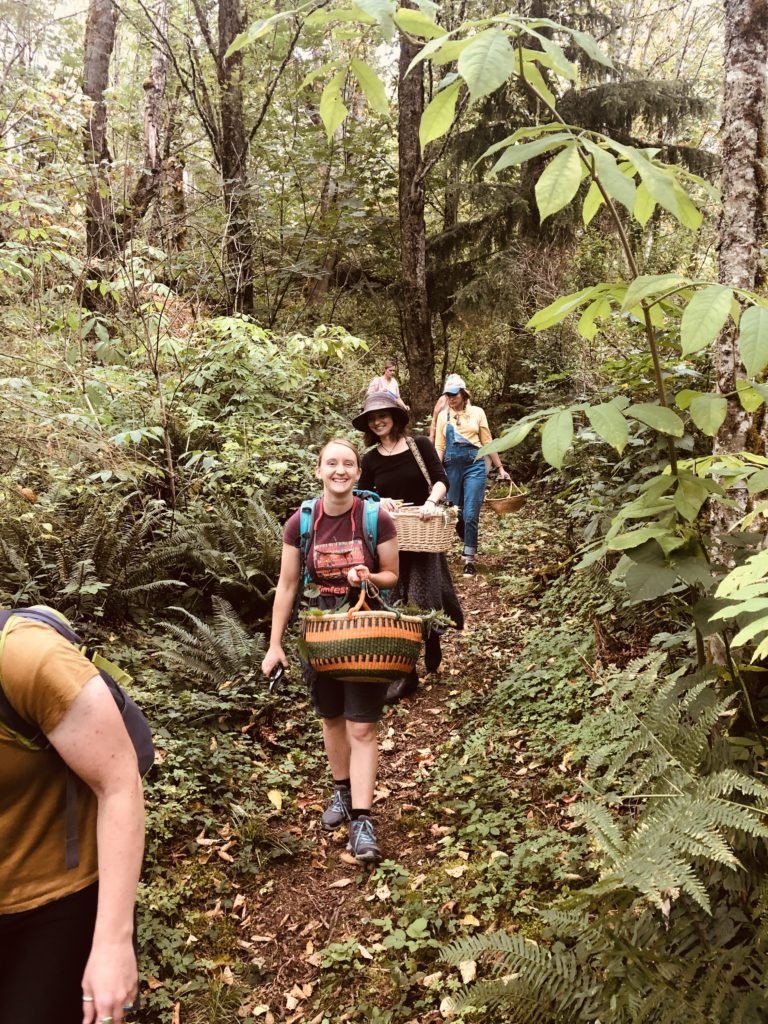
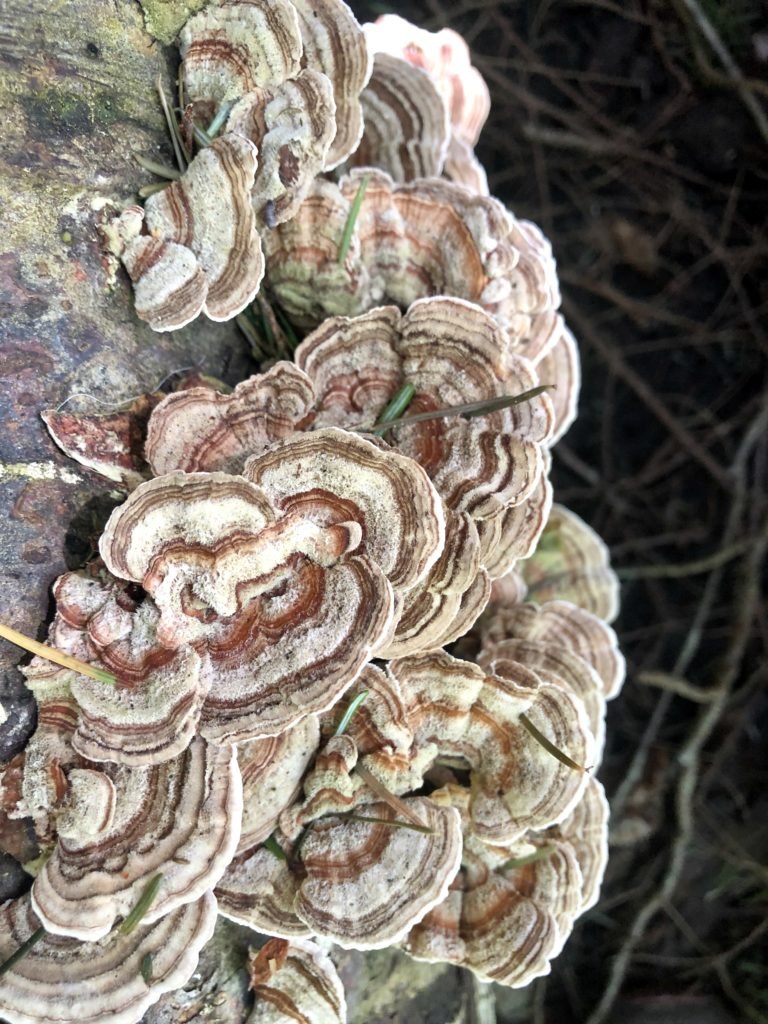
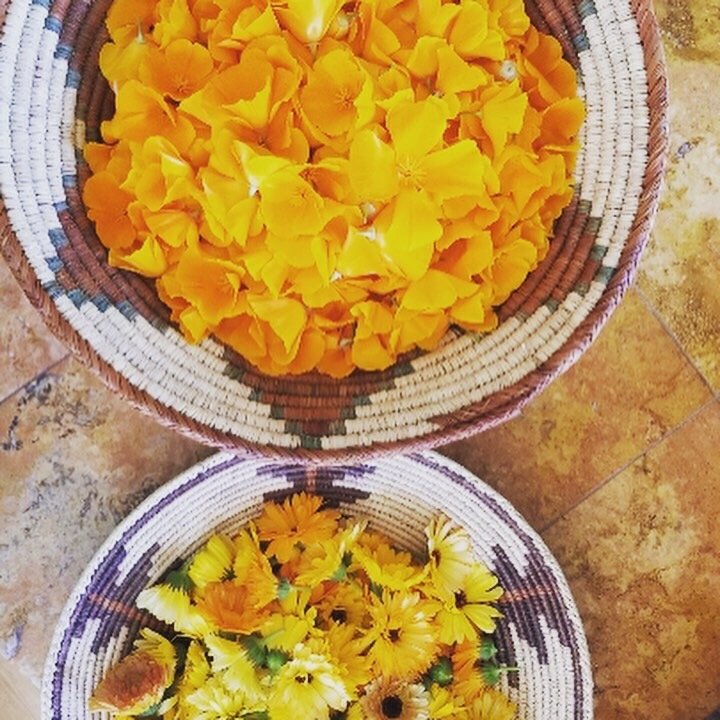
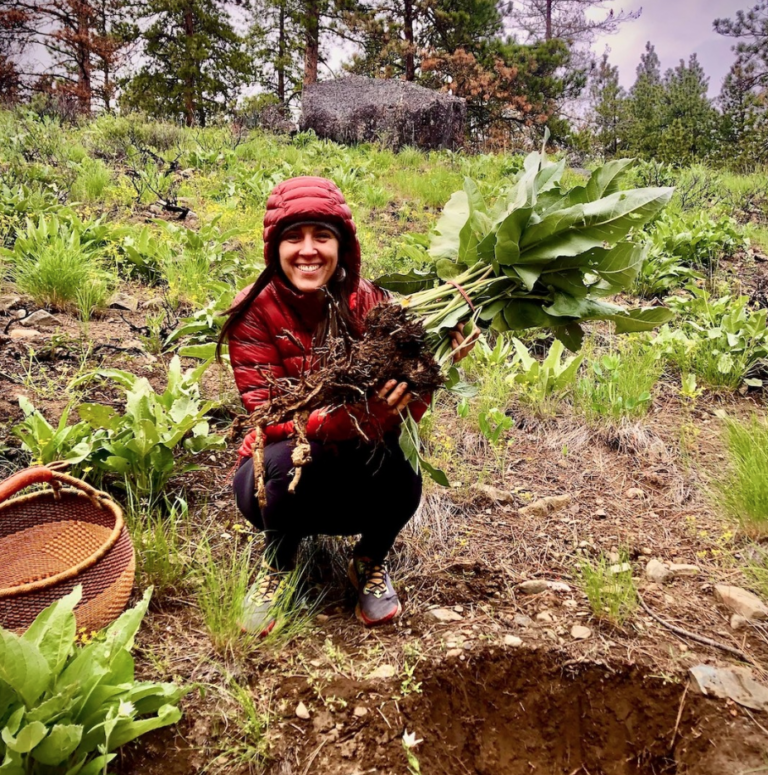
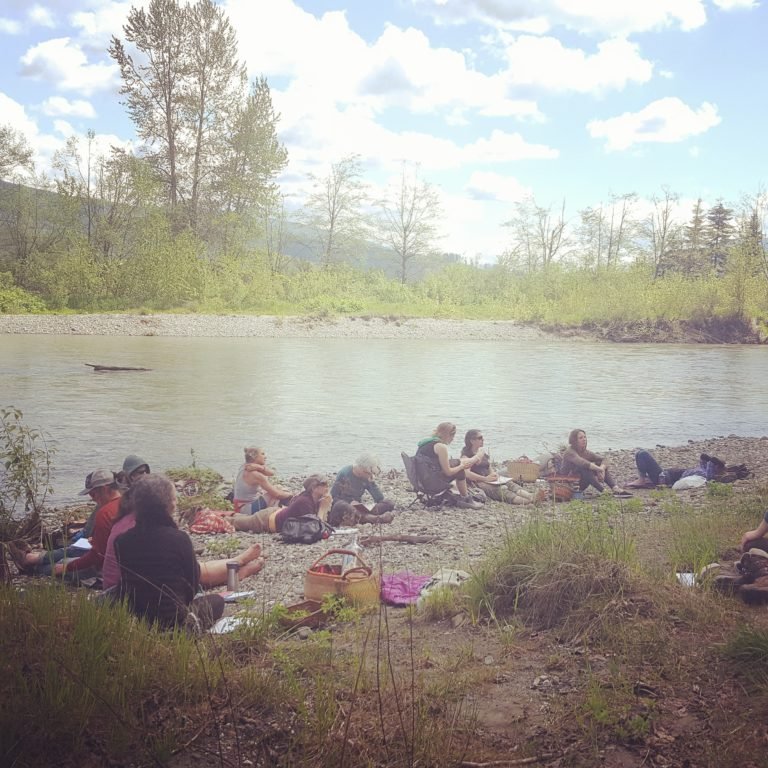
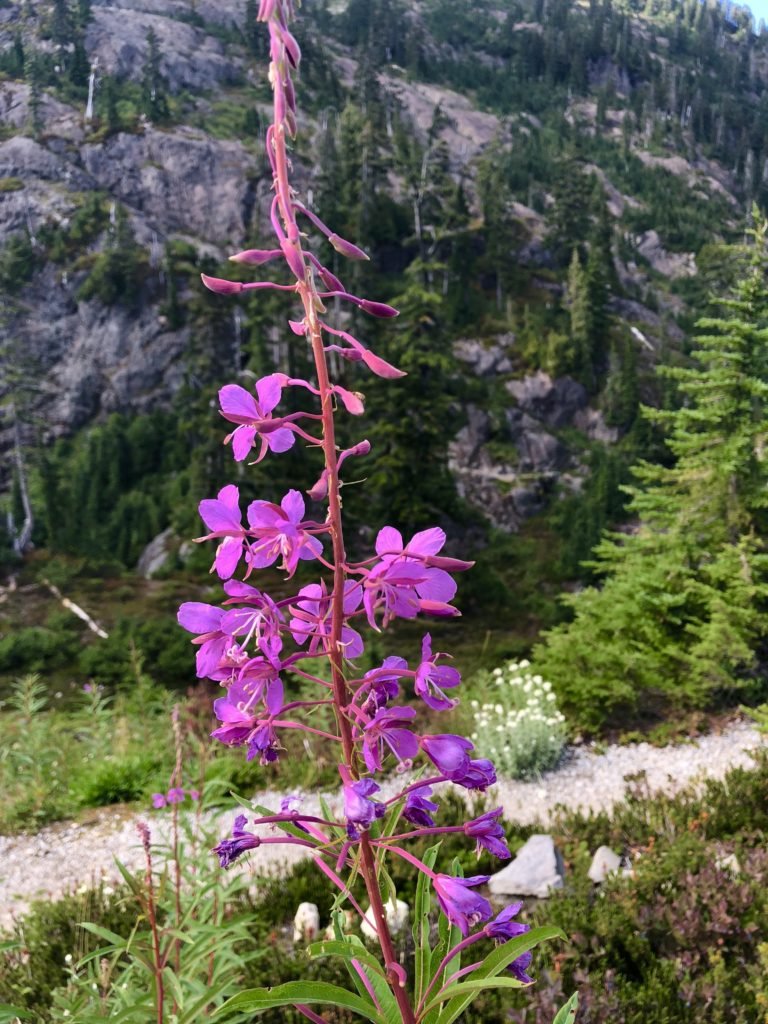
FAQs
-
The Foundations Program is suitable for all levels of students, from beginning herbalists to intermediate and advanced, including:
•Those who are interested in fostering and deepening a relationship with plants.
• Anyone wishing to improve their own health and those around them with herbal medicine.
• Professionals currently working in health care. A significant number of our students have been registered nurses, counselors, social workers, massage therapists, doulas and other health care professionals. Some students have had previous training in fields such as Traditional Chinese Medicine and Naturopathy and already had significant herbal and clinicial knowledge. However, their feedback has been that our programs offered something different, which is direct experience interacting with plants in their natural state. Students reflected that this enriched their love, connection and understanding of herbal medicine and healing work.
•Students planning to develop their own herbal businesses. Past students have incorporated their knowledge into their caregiving fields, began herbal medicine farms, herbal product lines, or herbal consultations.
•People wishing to help themselves and their families, their community, and/or those who wish to incorporate it into their work.
-
While both programs offer students rich learning opportunities to interact with plants and herbal medicine, there are differences.
In the Herbal Foundations Program we start out at Wildroot Botanicals in the mornings to learn about plants and their medicines. In the afternoons, we go out to selected outdoor locations for field studies and plant identification and have opportunities to gather herbal medicines.
In the Wild Foods Connection Program, the emphasis is on wild food as medicine and there is an invitation of a personal journey toward more connection with land, self and community. In this class we will spend most of each class outside harvesting, processing and sitting around a fire or in a circle.
Both programs provide ample opportunities for students to develop a direct relationship with plants and have an emphasis on experiential learning. The Foundations Program is structured so that students learn about theories of Western Herbalism, while the Wild Foods Connection Program focus is directly interacting with the plants and learning by doing.
The Foundations Program is held on Saturdays and the Wild Food Connection Program is held on Sundays on the same weekend, once a month for nine-months.
Many students have taken both programs, which are complementary to each other, either at the same time or in subsequent years.
-
Yes at your request upon completion. Please note that herbalism is not a certifiable profession in the USA, meaning that you are not required by a governing body to have a certificate to be an herbalist.
-
We are unable to provide any refunds. Please read the program information carefully to see if the course and dates are a good fit. If you have any questions at all please contact us to discuss prior to registering and we will be happy to answer any questions you might have.
